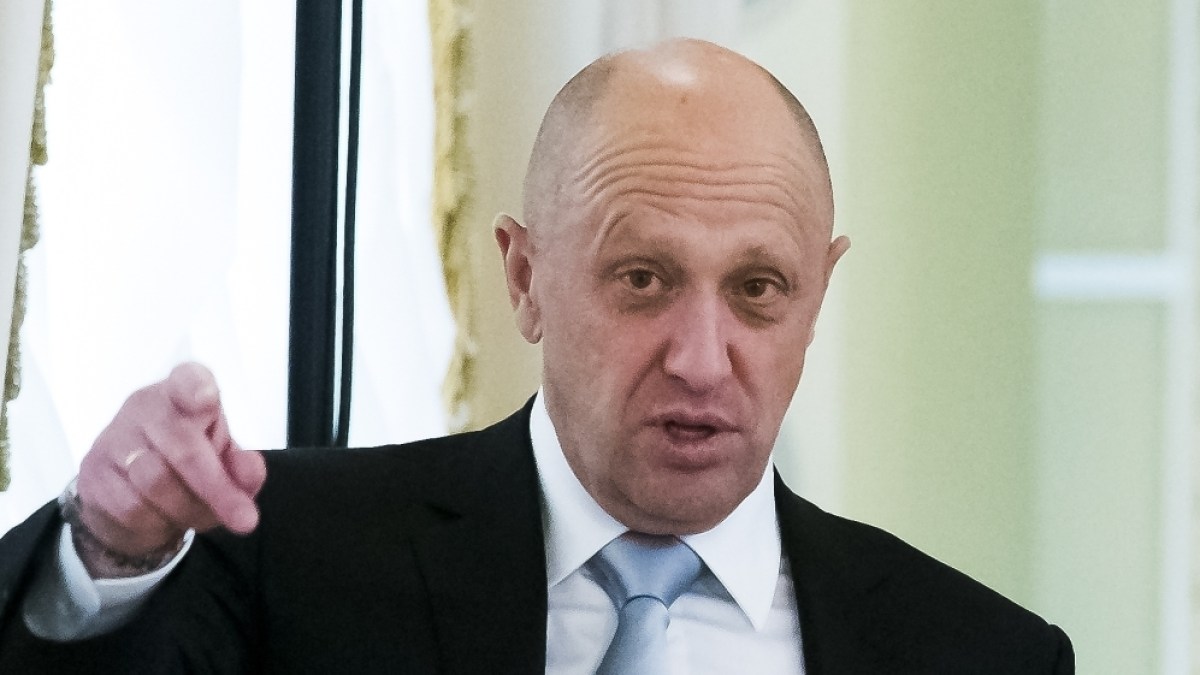Iraq MPs fail for third time to elect new president
Parliamentary source says less than two-thirds of legislators were present in parliament, falling short of quorum.
Iraqi legislators have failed for a third time to elect a new president for lack of a quorum, officials said, deepening the war-scarred country’s political crisis.
The continued failure by parliament to select a president after last year’s elections reflects a deep schism between Shia political groupings.
“The assembly adjourned its session until further notice,” the parliament’s press service said on Wednesday without giving a date for a new session.
Iraq’s federal court has given legislators until April 6 to choose a new president.
Political scientist Hamza Haddad said if that deadline were missed, “we could reach a point where new elections are decided to break the deadlock.”
A parliamentary source told AFP that only 178 out of 329 lawmakers were present in parliament Wednesday, far short of the two-thirds quorum required for the vote.
As in the previous two aborted votes, last Saturday and February 7, Wednesday’s session was boycotted by a major Shia coalition bloc in parliament.
Political paralysis
Half a year after legislative elections, Iraq still does not have a new president or prime minister, keeping the country in a state of political paralysis.
Parliamentarians must first elect the head of state, by convention a member of the Kurdish minority, with a two-thirds majority. The president then appoints the head of government, a post now held by Mustafa al-Kadhemi.
Among the 40 candidates for the presidency, two are considered the frontrunners: incumbent Barham Saleh, of the Patriotic Union of Kurdistan (PUK), and Rebar Ahmed of the rival Kurdistan Democratic Party (KDP).
On February 13, Iraq’s supreme court ruled out a presidential bid by KDP-backed veteran politician Hoshyar Zebari, after a complaint filed against him over years-old, untried corruption charges.
Iraqi politics was thrown into turmoil following October’s election, which was marred by record low turnout, post-vote threats and violence, and a months-long delay before the final results were confirmed.
The largest political bloc, led by Shia leader Muqtada al-Sadr, had backed Zebari for the presidency before moving its support to Ahmed.
The failed votes in parliament have underscored the gulf in Iraqi politics between al-Sadr, the general election’s big winner, and the powerful Coordination Framework, which called the boycotts.
The Coordination Framework includes former prime minister Nuri al-Maliki’s party and the pro-Iran Fatah Alliance – the political arm of the Shia-led former paramilitary group Hashed al-Shaabi.
Alongside backing Ahmed for the presidency, al-Sadr intends to entrust the post of prime minister to his cousin and brother-in-law Jaafar al-Sadr, Iraq’s ambassador to the United Kingdom.
That prospect is unpalatable for the Coordination Framework.



